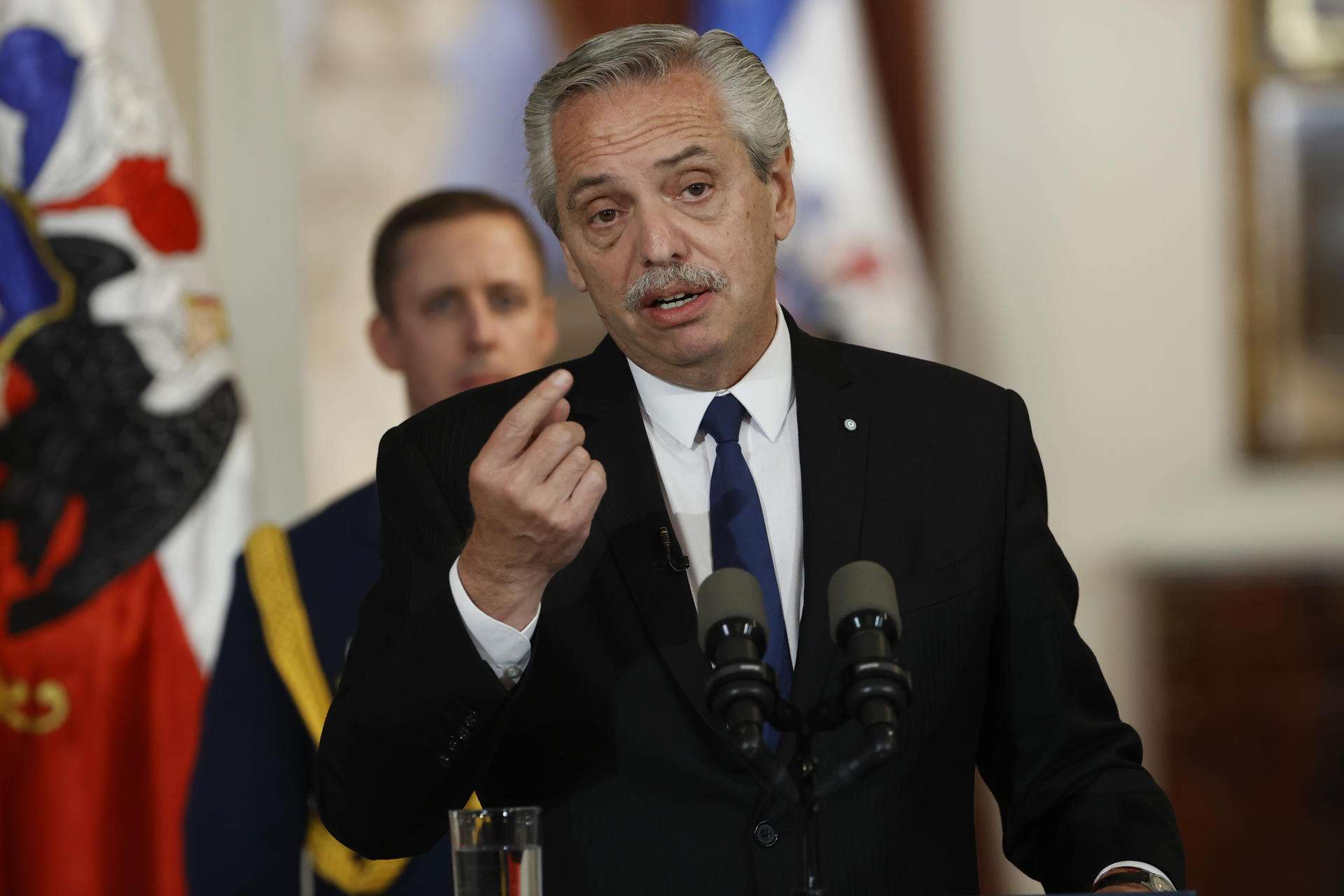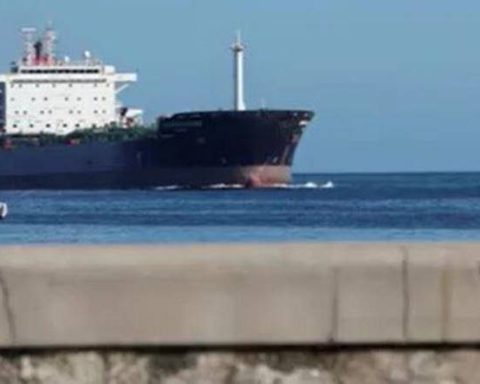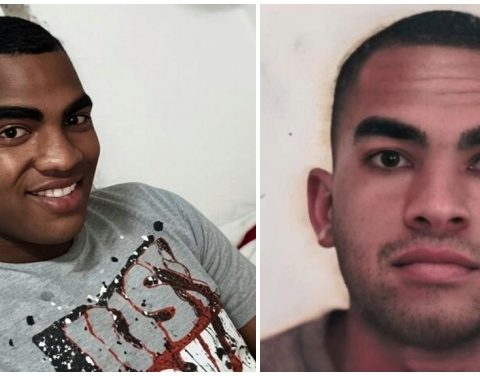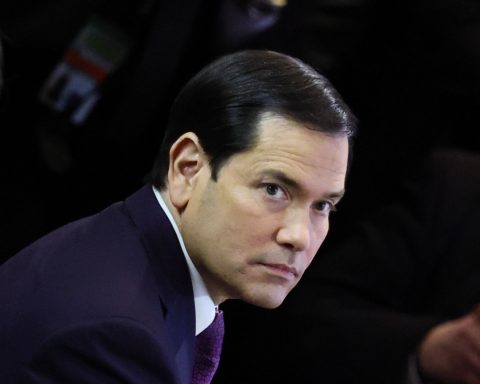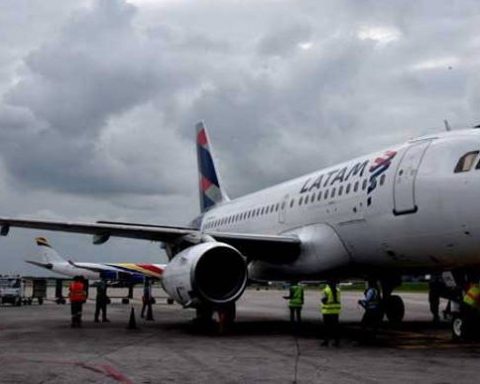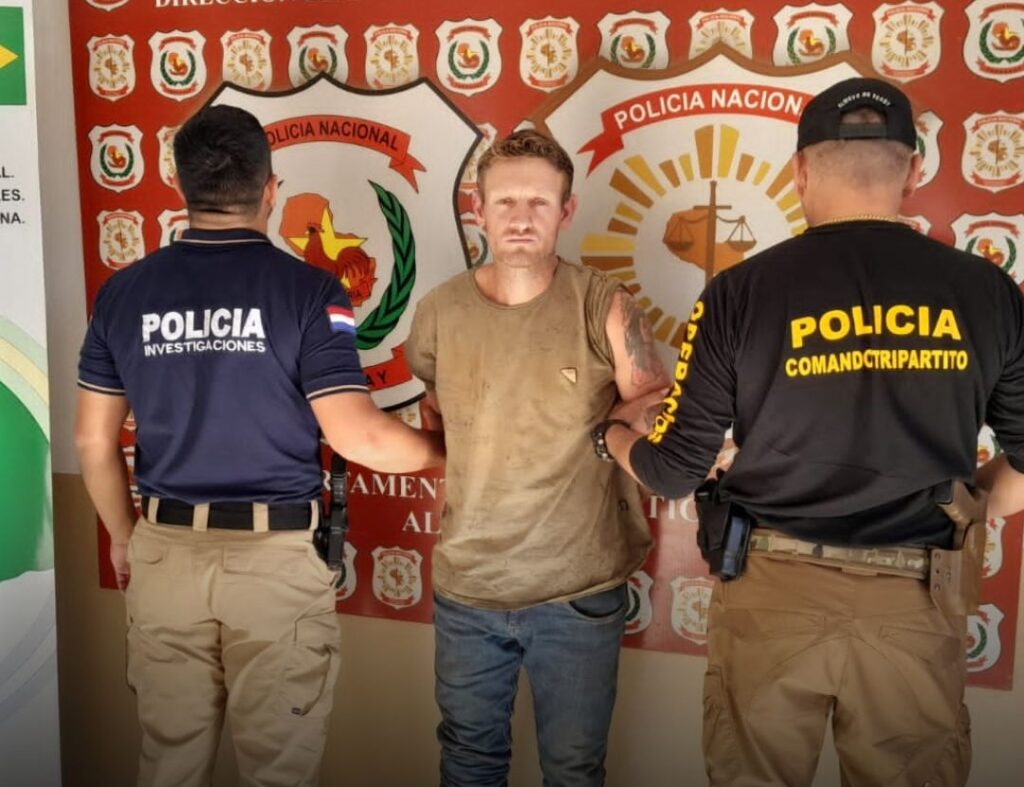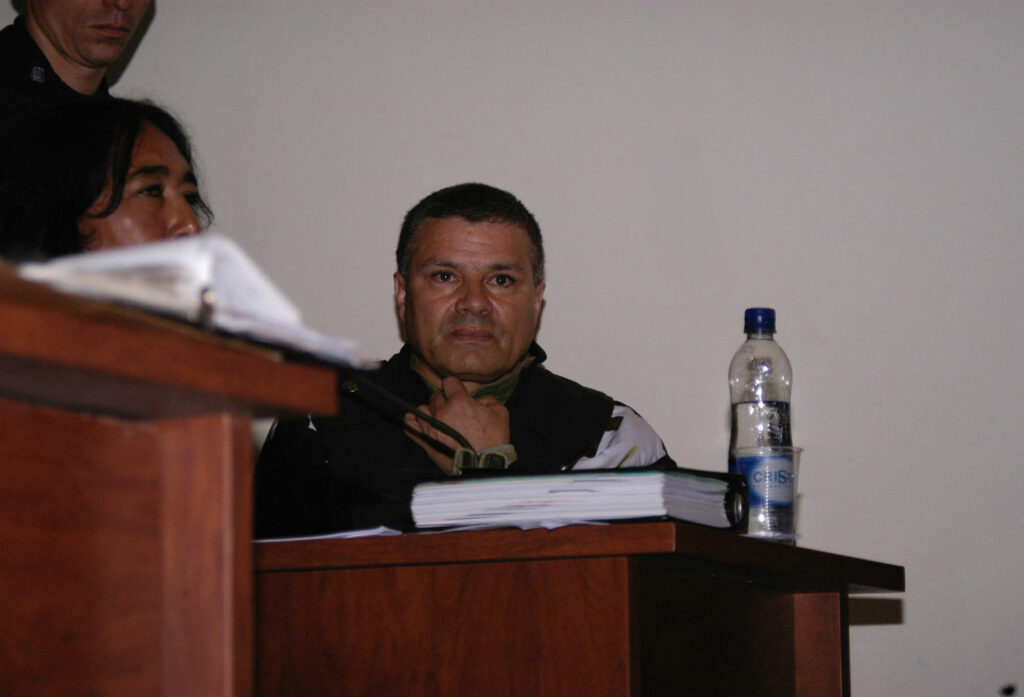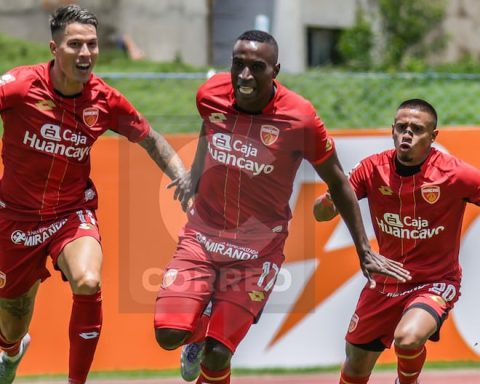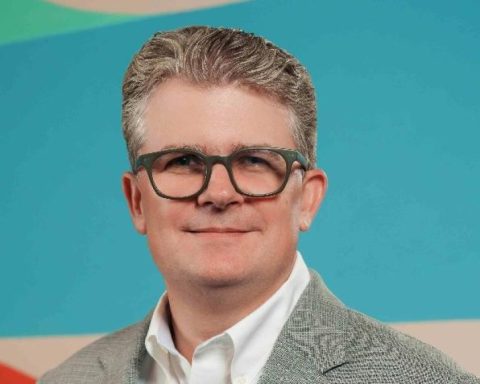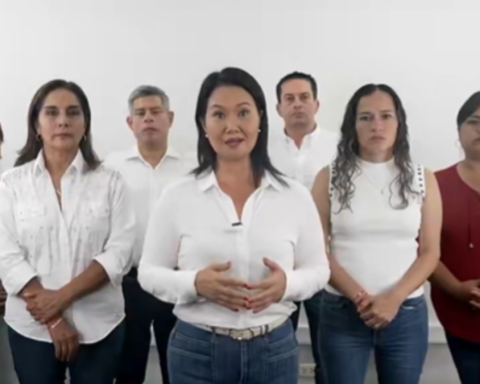The decision of the argentinian presidentAlberto Fernández, for not running for re-election has provoked the praise of various figures of the ruling party, who highlight the “historical responsibility” and the “commitment” of the president for the political unity of Peronism.
Through a video, Fernández announced that he will not stand for re-election in the general elections next October, alleging that he would work “fervently so that it is a partner or a partner of our political space” who prevails.
My decision ?? pic.twitter.com/EEQBJaxDUz
– Alberto Fernandez (@alferdez) April 21, 2023
“Next December 10, 2023 is the exact day we celebrate 40 years of democracy. That day I will hand over the presidential sash to whoever has been legitimately elected at the polls by popular vote. I will work fervently to make it a partner or a partner in our political space,” the president announced.
One of the first to speak was the Argentine Foreign Minister, Santiago Cafiero, among those closest to the president and who appreciated the determination to “put the homeland first”, in a context of strong monetary and financial tensions in the South American country, according to a report of efe.
The Minister of Social Development, Victoria Tolosa Paz, stated that this announcement “synthesizes” one of the president’s political principles: “First the homeland, then the movement and always lastly women and men.”
Historical responsibility and commitment to the unity of Peronism. @alferdez it puts the Homeland first and promotes a new logic of the times. The leadership of the future must be defined at the polls to consolidate a course that involves the will of our people at every step. https://t.co/MMn0tiiRq3
– Santiago Cafiero (@SantiagoCafiero) April 21, 2023
Some leaders linked to the Kirchner wing of the ruling coalition also reacted positively to this announcement, such as the Interior Minister and potential presidential candidate, Eduardo ‘Wado’ de Pedro.
De Pedro defined Fernández’s decision as a “necessary step to order Peronism.”
Despite the open confrontation that he maintains with the vice president, Cristina Fernández, and the division within the cabinet between the supporters of one or the other, the president said that “beyond internal criticism and the greater or lesser accompaniment received”, there is no he has in the Front of All “a single adversary”.
Díaz-Canel meets with Alberto Fernández after the Celac summit
In addition to De Pedro, the names of Sergio Massa, current Minister of Economy and leader of the Renewal Front, are already being mentioned by the ruling party; Daniel Scioli, Argentine ambassador to Brazil and former presidential candidate, as well as Juan Grabois, according to Page 12.
Alberto Fernandez took power on December 10, 2019 and will deliver the presidential sash, as he recalled in the publication, on the same day in 2023, when Argentina commemorates 40 years of uninterrupted democracy after the last civic-military dictatorship (1976-1983).
